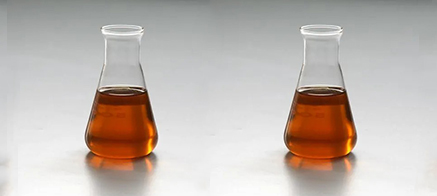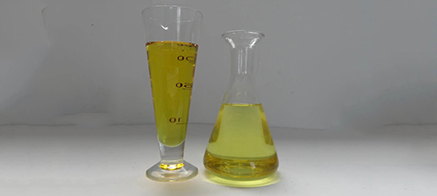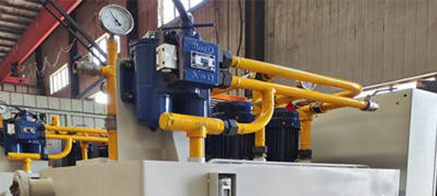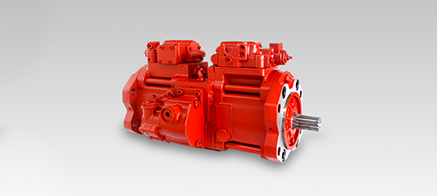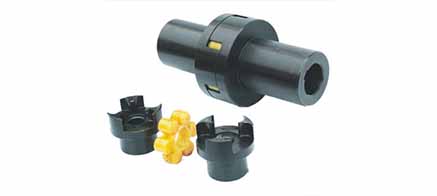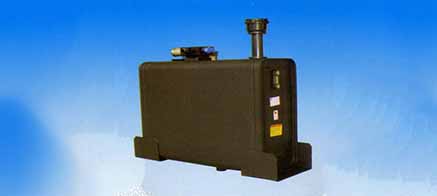Hydraulic oil is the hydraulic medium used in hydraulic systems that utilize liquid pressure energy. It plays the roles of energy transmission, anti-wear, system lubrication, anti-corrosion, anti-rust, cooling, etc. in the hydraulic system. For hydraulic oil, it should first meet the requirements of the hydraulic device on the liquid viscosity at the working temperature and the starting temperature. Since the viscosity change of the lubricating oil is directly related to the hydraulic action, transmission efficiency and transmission accuracy, the viscosity-temperature performance of the oil is also required. And shear stability should meet the various demands put forward by different uses. There are many kinds of hydraulic oils, and the classification methods are different. For a long time, it is customary to classify them by use, and some are classified by oil type, chemical composition or flammability. These classification methods only reflect the income of oil products, but they are not systematic, and it is difficult to understand the relationship and development of oil products. Biodegradable hydraulic oil is developed to meet environmental protection requirements and control environmental pollution. There are mainly vegetable base oils and synthetic vinegar. Vegetable oils are the main development direction of environmentally friendly lubricants due to their natural biodegradability, excellent lubricating properties, and viscosity-temperature properties, as well as abundant resources and relatively low prices. This kind of hydraulic oil has no official product hydraulic oil in our country. However, there are many abroad, such as Ruianbo in the United States, which are formulated from vegetable oil base oils and can eventually degrade. Biodegradable hydraulic oil is an anti-wear hydraulic oil with excellent performance, which is specially formulated to meet the requirements of various hydraulic equipment. These products extend oil/filter life and provide maximum equipment protection, reducing maintenance and product disposal expenses. This series of products is jointly developed with major equipment manufacturers, which can meet the strict requirements of high hydraulic pressure and high output pumps in the precision hydraulic system of the device, and can also cope with other components of the hydraulic system, such as low-clearance servo valves and high-precision CNC machine tools, etc. strict requirements. This series of products widely meet the most stringent performance requirements of various hydraulic system and component manufacturers designed with multi-metallurgical technology, and a single product has outstanding performance characteristics.










